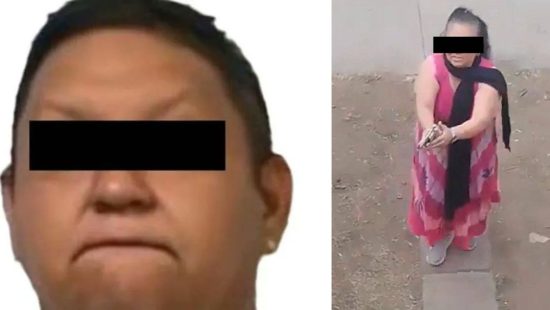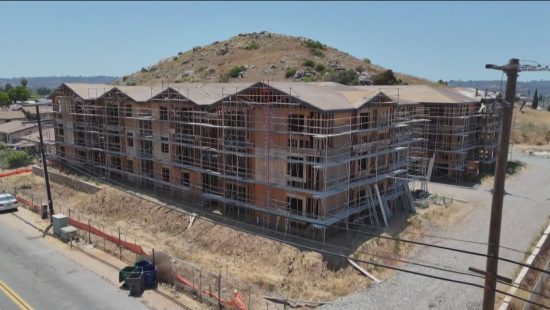Beijing affirmed Tuesday that the central government has the “final and indisputable authority” over the reincarnation of the Dalai Lama, a month after the Tibetan spiritual leader announced that his succession will be decided solely by his inner circle.
During a press conference convened by the Chinese government to mark the 60th anniversary of the Tibet Autonomous Region, Gama Cedain, vice secretary of the Communist Party Committee in the region, asserted that the Dalai Lama’s reincarnation “has never been decided solely by him” and that the process must follow religious rituals and historical customs “under national laws and with the approval of the central government.”
The official indicated that the succession must be governed by the principle of “a search within the country, a lottery through a golden urn, and approval by the central government,” a system that Chinese authorities present as part of Tibetan Buddhist traditions, although it has been questioned by Tibetan exiles and international organizations for its political and centralized nature.
The statement comes a month after the Dalai Lama, on the eve of his 90th birthday, assured that his reincarnation would be managed solely by the Gaden Phodrang Trust, the foundation that administers his spiritual and political legacy.
The Buddhist leader, exiled in India since 1959, affirmed that “no one else has the authority to interfere” in the process, in a direct reference to the Chinese government, which considers him a separatist.
The issue of the Dalai Lama’s succession has generated diplomatic tensions in recent weeks. China has warned India and the United States against any form of “external interference” following messages of congratulations on the Tibetan leader’s birthday and his statements on the succession process.
Meanwhile, last week’s visit by Czech President Petr Pavel, who met publicly with the Dalai Lama in Dharamsala, was hailed as an unusual gesture on the international stage, as he was the first serving head of state to hold such a meeting.
Pavel’s decision to hold a public meeting with the Dalai Lama marks a break from the caution traditionally maintained by international leaders and is an unusual gesture in the current diplomatic landscape, where few governments dare to openly challenge China’s position on Tibet.
The issue has become internationalized, especially since the United States passed the Tibet Policy and Support Act, which threatens sanctions against any Chinese official who interferes in the succession process.








